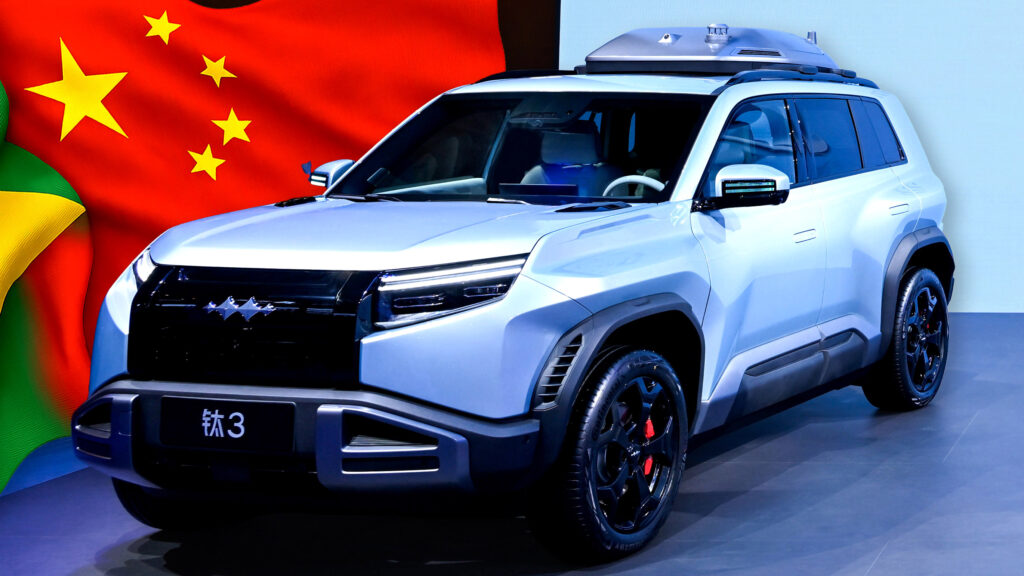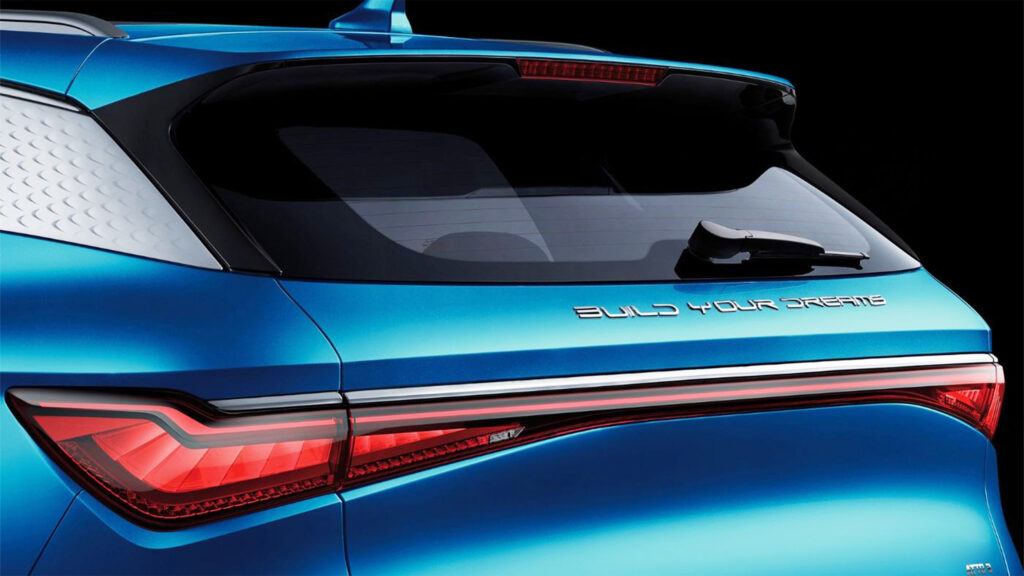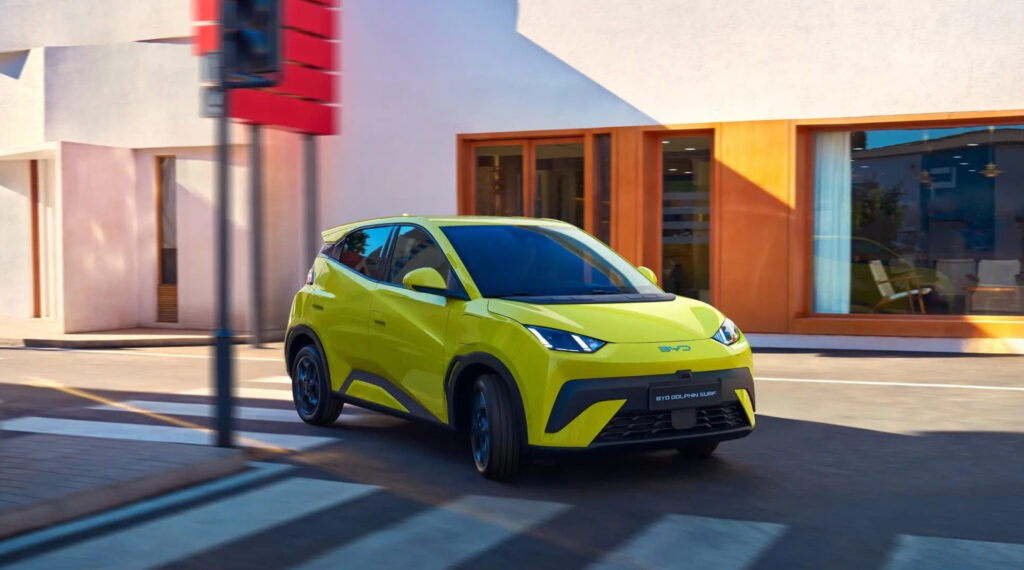Brazil’s Auto Market

In recent months, there’s been a significant shift as far as the Brazilian car market is concerned. The influx of electric vehicles (EVs) from China is raising eyebrows and turning heads. One company that’s making quite the entrance is BYD. This giant has imported over 22,000 EVs into Brazil in just five months, taking full advantage of Brazil’s favorable import tariffs—well, for now, anyway. Currently, there are no steep tariffs for carmakers bringing hundreds of thousands of vehicles into the country.
Chinese Strategy

China, being a leader in affordable plug-in hybrids and electric vehicles, is pushing hard into global markets. They’ve got fleets of ships ready to deliver, and BYD stands at the forefront of this movement. In fact, BYD’s aggressive approach is a key part of their strategy to tap into the world’s largest car market, of which Brazil ranks sixth.
Tariff Talk

One of the main draws for Chinese manufacturers like BYD is Brazil’s tariff situation. Up until recently, tariffs on overseas electric vehicles were eliminated to boost demand. Although last year saw a 10% tariff reinstated, it’s still favorable compared to Europe. It’s anticipated that tariffs on plug-in hybrid electric vehicles (PHEVs) could go as high as 35% by 2026, and some voices are urging for these hikes to be expedited.
Local Concerns
While the affordability of these models is enticing to consumers, it’s stirring up concerns within Brazil’s established auto manufacturing sector. Stakeholders argue that these import practices might be hindering local production investments. Manufacturers such as Volkswagen, General Motors, and Stellantis have spent years establishing infrastructure in Brazil. In contrast, brands like BYD and GWM are importing their vehicles, bypassing local production.
Production Plans
BYD has plans to establish a local production plant in Bahia, although progress has been stalled until 2026 following labor condition controversies. The automotive sector in Brazil is experiencing a balancing act—welcoming innovation and market variety while protecting local investment and jobs.
The driving experience of BYD’s vehicles is generating buzz. They’re not just affordable; these EVs deliver impressively quiet drives and have competitive ranges. While they may not have the sportiest edge compared to Teslas, they offer reliability and efficiency, making them suitable for the family or economical daily commute. It’s this combination that might just help them carve out a significant share of the market.
In conclusion, whether Australia can balance new trade opportunities with preserving its homegrown auto industries will be a key issue in the coming years.
Lexus V8 Farewell
Ford Engine Troubles
Buick Riviera Revamped
Lexus LFR Unveiled
Superveloce Tribute